Rachel Reeves’ farm tax will ‘radically change’ our favourite British landscapes as big corporates exempt from death duties buy up tracts of the nation, a rural MP has warned.
It comes after the Chancellor slapped previously exempt farmers with 20 per cent inheritance tax on assets over £1million, threatening the existence of many cash-poor but asset rich farms.
Tim Farron, Liberal Democrat MP for Westmorland and Lonsdale in the Lake District, warned: “What happens to those people if this policy becomes a reality? Well, I’ll tell you what happens.
“They will have to sell the farm, or at least parts of the farm, more likely all of it. And who will they sell the farm to? It won’t be the next door or the neighbouring family farm, because they’re in the same predicament.
“Who will it go to? The big corporates. Because it turns out there are lots of reasons to buy up land in the countryside.
“You can buy it up to make sure you take advantage of bogus offsetting schemes, and a whole range of other things which draw people to buy land in beautiful places like mine, and to do anything but farm it.
“That is morally wrong. To take people earning less than the minimum wage, clear them off the landscape, a Lakeland clearance as we would refer to it in our part of the world.
“Massive equity firms will take it on, in London, or more likely, overseas. That is not egalitarian. That is not progressive. That is immoral. And that is wrong.”
Government statistics show 17 per cent of UK farms failed to make a profit in 2022/23, while 59 per cent made a profit of less than £50,000.
Modelling from the Country Land and Business Association showed inheritance tax bills, which are calculated from the value of a farm not its income, will wipe out many farms’ profits for up to a decade in the event of a death.

Tim Farron speaking at the recent Business Property Relief summit
GBN
Farron said: “Quite typically you’ll see people having to spend 20,000 pounds a year, let’s say, over a 10-year period to pay that [inheritance tax] bill.
“Well, if you’re income is 15 grand a year, you do not need to be super brilliant at mathematics at any level in the Bank of England, whatever role you may have had when you worked there, to be able to do those sums and to understand that is totally and utterly unsustainable.”
Farmers who have been struggling with adverse weather, environmental legislation and tiny margins imposed by giant supermarkets have warned many will simply sell up, damaging the UK’s food security.
On this, Farron warned: “It is also wrong because it takes land out of active food production. Only 55% of the food we eat in the UK is produced here in the UK. And that is wrong, and that is foolish, and that is stupid.”
Such developments would also change our beloved countryside as families who have cared for ‘their’ patch of land for generations quit farming.
Farron said: “I think about the lakes and the dales of Cumbria. 20 million people visit it every year. After London, this is the biggest visitor destination in the entire United Kingdom.
“People don’t just come because the hotels are nice, they are, but they come because the landscape is beautifully curated and protected and made accessible by generations upon generations of farmers.”
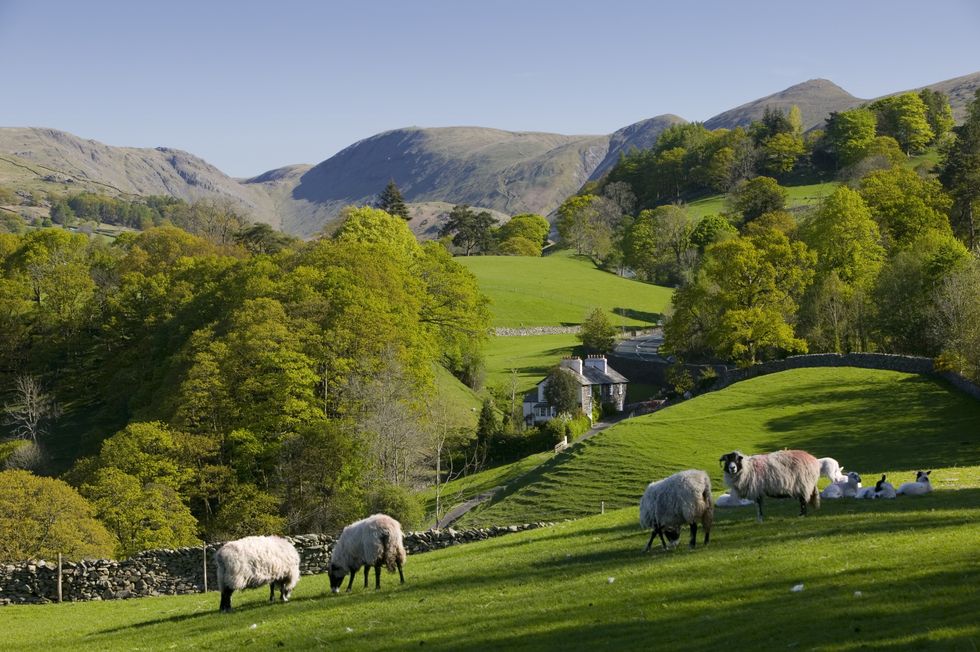
The Lake District is the UK’s second most visited region after London
In response, Labour says its commitment to farmers remains ‘steadfast’, highlighting its largest ever investment in sustainable food production.
On inheritance tax, Rachel Reeves and Environment Secretary Steve Reed are refusing to budge, doggedly maintaining it is a ‘fair and balanced’ way to plug the £22billion black hole.
This claim is based on the Treasury’s heavily contested analysis that only 500 farms will be affected per year.
That analysis has been subject of intense debate, with several leading experts severely critiquing it as ‘not remotely representative’ and ‘something that will never happen in real life.’
This is because the Treasury generated the 500 figure based on Agricultural Property Relief (APR) claims in 2021.
Apart from only being one year’s worth of data, it also failed to consider farmers’ claims made under Business Property Relief (BPR- also capped by Reeves) for things like machinery.
Experts’ campaign to highlight this has even led to Dan Neidle, a left wing academic and proponent of the farm tax, to U-turn on his position on Reeves’ raid.
As more and more experts highlight the cruelty of a tax raid set to raise a measly £520million a year, critics have been left wondering why Labour is forging ahead with the policy.
LATEST FROM MEMBERSHIP:
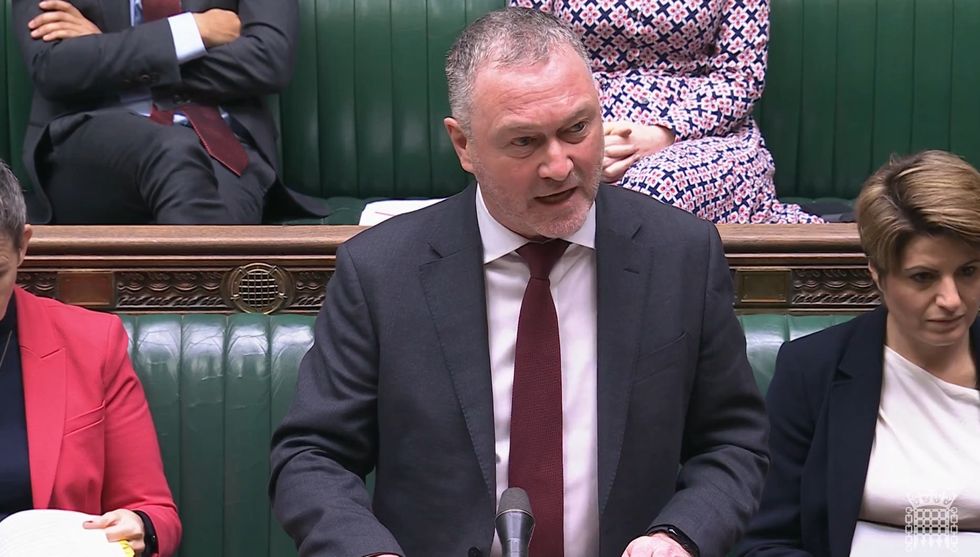 Steve Reed claimed farmers were ‘in it for the money’ in the CommonsPARLIAMENTLIVE.TV
Steve Reed claimed farmers were ‘in it for the money’ in the CommonsPARLIAMENTLIVE.TVFarron said: “The narrative that is put out there is that farmers are wealthy, wealthy people who should be paying inheritance tax like everybody else.
“And that’s a complete nonsense when you understand the reality of life in the lakes and the dales.
“The typical farmer in my community is sitting on a farm that may be worth millions of pounds, but typically they will be earning significantly, significantly less than the minimum wage.”
Victoria Vyvyan, President of the Country Land and Business Association, said farmers were being accused of ‘hording wealth’, suggesting Labour want to redistribute land ownership in Britain.
Farming celebrity Jeremy Clarkson believes Labour are simply targeting a section of society they perceive to be ‘Range Rover driving millionaires’ who don’t vote for them.
Labour maintains the policy is all about funding public services and that they are supportive of farmers.
But Steve Reed did little to back up this claim yesterday when he prompted fury after he said farmers were only ‘in it for the money’.
The environment secretary, who represents an urban seat in south London and had a career in publishing and local government before becoming an MP, said: “The shadow secretary of state, as well as the former prime minister, keep telling farmers they’re not in it for the money. We know that they are.
“They’re businesses that need to make a profit, and our new deal for farmers, including increasing supply chain fairness is intended to make farms profitable and successful for the future, in a way that they were not under the previous government.”
Labour’s tax raid takes effect in April 2026.
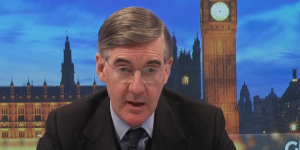


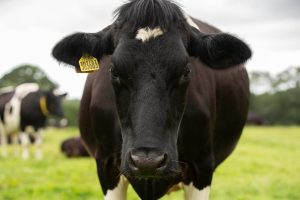








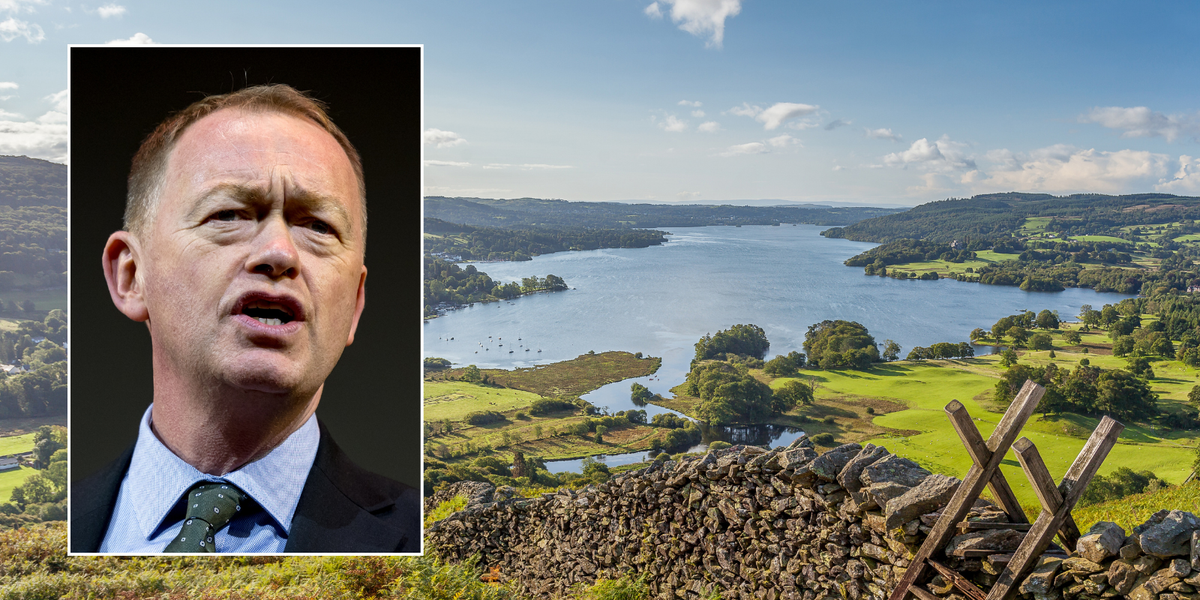
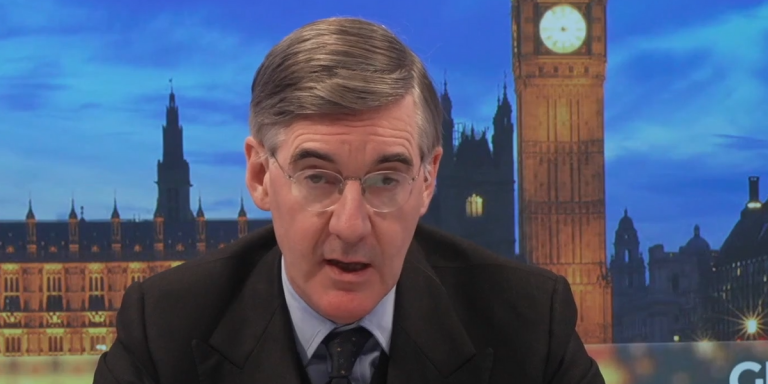
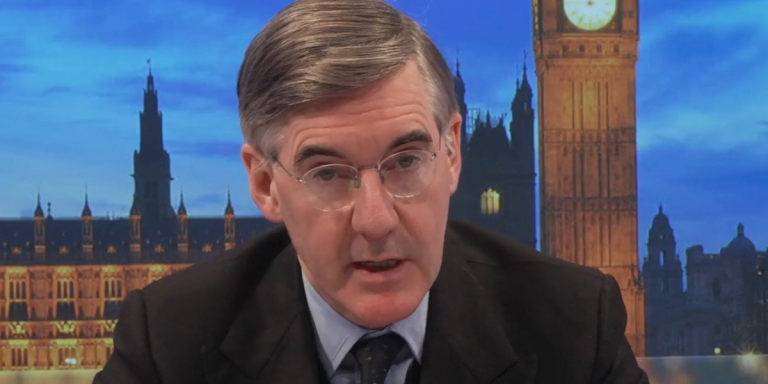
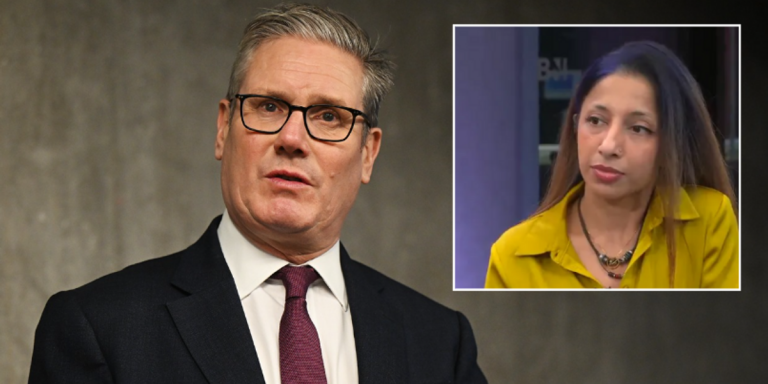
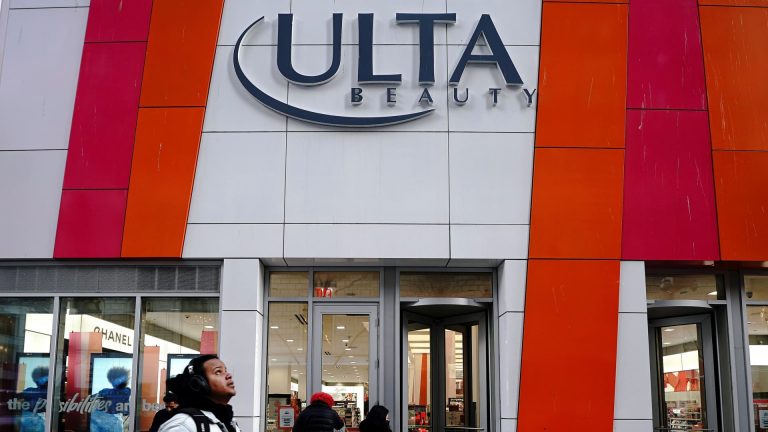



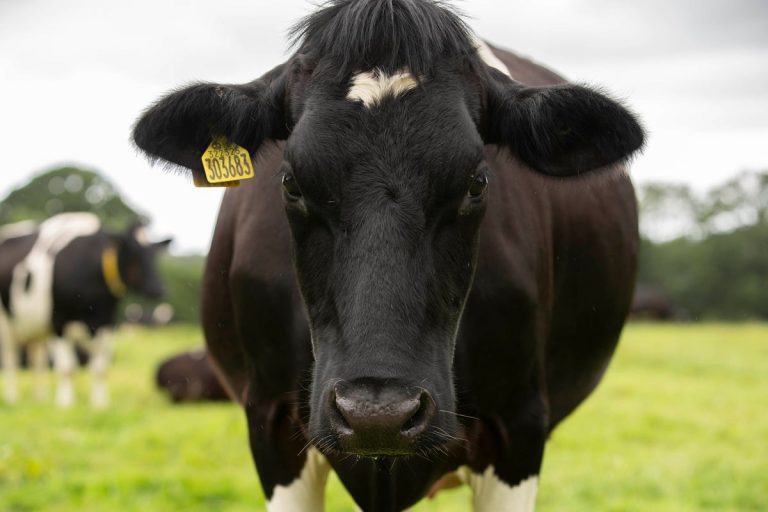


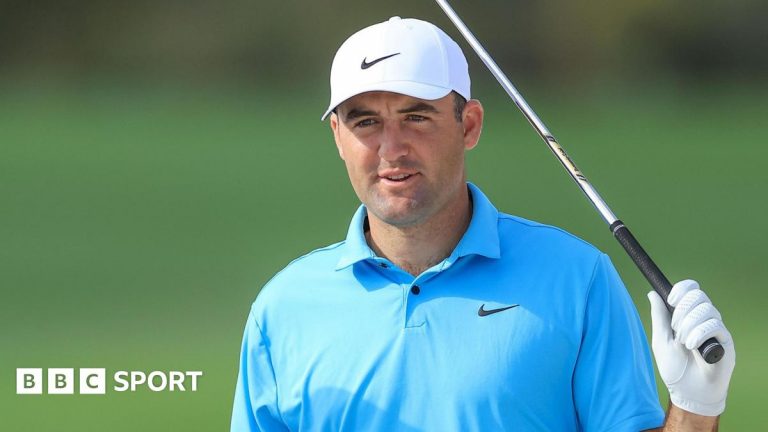
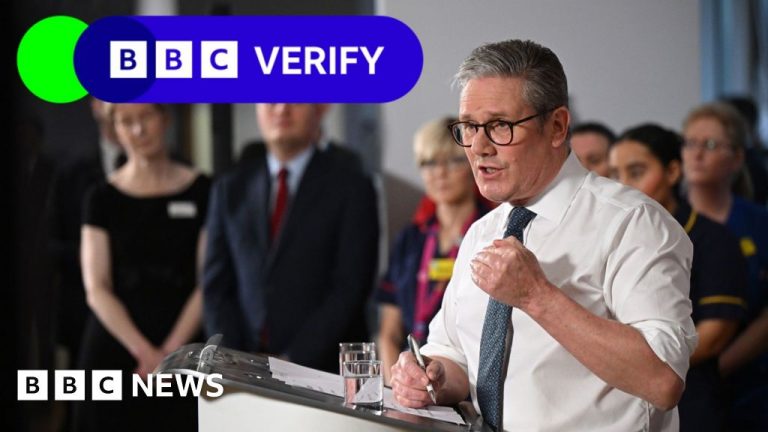
+ There are no comments
Add yours